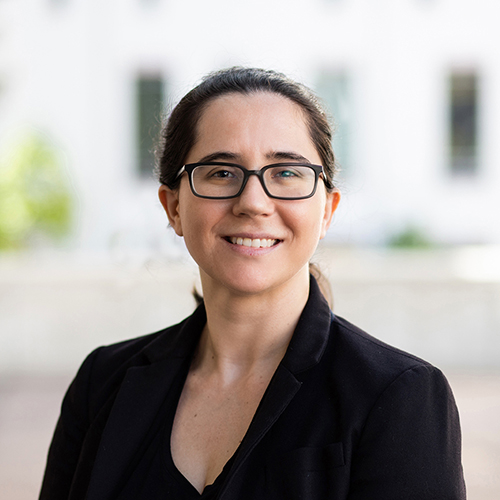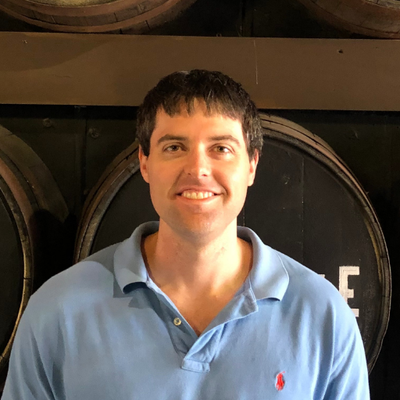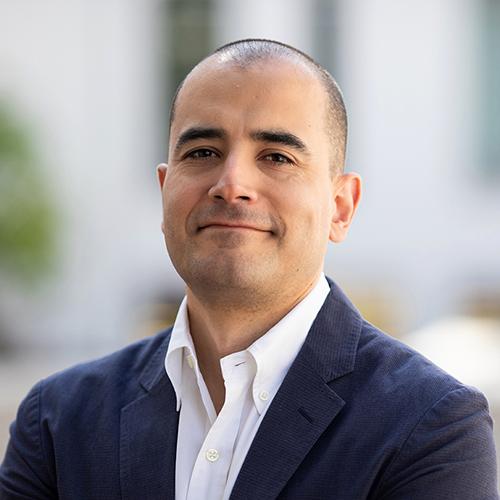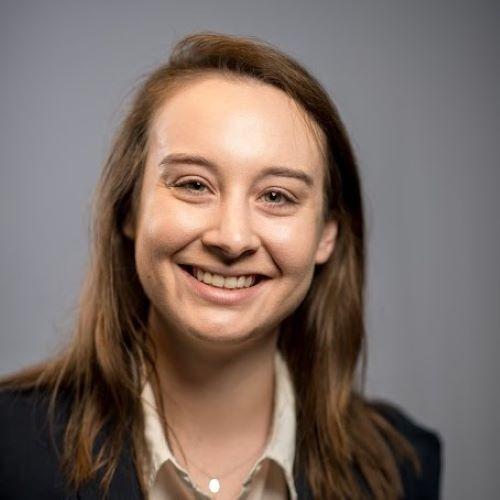Math-Political Science Interested Faculty
Courtney Brown
My general approach to mathematical modeling in the political and social sciences arises from nonlinear systems as well as linear statistical models. I teach two courses that might interest Math-POLS majors. On the statistical side, I teach a statistics course (POLS 310W: Statistical Modeling) that also satisfies the Emory College writing requirement. The emphasis in the course is on scientific writing that incorporates a wide range of statistical approaches, up through both linear and logistic regression. On the nonlinear side, the natural world is nonlinear in nearly all of its aspects. It only makes sense that human political and social behavior should also reflect nonlinearity in its internal structure. My advanced seminar (POLS 494W: Modeling Nonlinear Politics) teaches students easy to master techniques for constructing nonlinear models that display remarkably interesting overtime behaviors that are relevant to all sorts of political and social behavior and phenomena. This course also satisfies the College writing requirement.

Natália S. Bueno

Cliff Carrubba
I am an applied formal theorist who uses quantitative approaches to model behavior in strategic environments and statistical approaches to empirically evaluate implications of the models. Substantively, I am interested in judicial, legislative and bureaucratic politics. I focus on why we observe the institutions we do, the policy consequences of institutional design, and how these institutions change over time. I teach courses on Comparative politics, European politics, judicial politics, game theory, and applied research projects. My day job now focuses on building the Department of Quantitative Theory and Methods.

Adam Glynn
I'm an empirical methodologist who works on questions of measurement, causal inference, and missing data problems. Much of my recent work has focused on the politics of policing, where my coauthors and I have measured a number of quantities and effects relating to officer involved shootings. I teach QTM 220, which might be of interest to students in the Math-POLS program. This course provides an introduction to the use of regression for description, population inference, missing data, and causal inference. Calculus, linear algebra, and mathematical statistics are prerequisites for the course.

Jack Paine
I am interested in authoritarian politics, transitions to and from democracy, and conflict. Broadly, I seek to understand key strategic considerations and historical factors that have shaped these political institutions. I study strategic considerations by developing game-theoretic (or mathematical) models to understand core dilemmas of authoritarian governance such as the power-sharing dilemma and the guardianship dilemma. I study historical causes by collecting original data that I then analyze using statistical methods; examples include precolonial states, colonial elections, and local colonial governance institutions. I will teach Models of Comparative Politics (POLS 585) for the first time in Spring 2024, which will primarily examine models of regime transitions.

John Patty
I am a formal theorist who specializes in institutions and how they shape individual behaviors. In addition to game theoretic models, I also work on computational models. I have broad substantive interests, including coordination problems, information transmission, collective action, and collective choice. I regularly teach undergraduate and graduate courses on how to build and analyze your own models. Please feel free to contact me if you're interested in modeling social, economic, or political behavior!

Maggie Penn
I'm a formal theorist (in political science that means a math modeler) and my work focuses on groups and institutions. I teach several courses that might be of interest to Math-POLS students. Social Choice and Elections (POLS 300) is an undergraduate class on the mathematical formulas that underlie electoral system design. We study the mechanics of how different systems work and delve into longstanding debates about how to design fair systems of representation. Social Choice (POLS 555) is a graduate class on the theory of preference aggregation. We study and prove well-known results about what voting rules are and are not capable of accomplishing, mathematically. This is a technical class that heavily utilizes set theory and formal logic. It’s open to undergraduates that have taken a proof-based math class. Reach out to me if you’re interested in taking it!

Zachary Peskowitz
I conduct empirical research (statistical analysis using data) to study how elections work and the influence of elections on public policy outcomes. I regularly teach POLS 360: Public Policy. This is a great course for applying your Math-POLS skills and training to understand how policymakers can improve societal outcomes, the challenges and tradeoffs that policymakers face, and the rules of how public policy gets made. We use some basic mathematical models and read papers that use statistical analysis to investigate these topics. I'm also the Director of Undergraduate Studies for Political Science so if you have any questions about the major, possible career paths, or anything else Political Science-related, I'd be happy to chat.

Miguel R. Rueda
I study public officials' corruption and violent conflict in developing countries. In this research, I frequently use game-theoretic models to guide my data analysis. I also teach Game Theory (POLS376/ QTM315) which is the mathematical study of how individuals pursue their goals when the best course of action depends on others' behavior. A second class I teach that might interest MATH-POLS students who have taken Game Theory and a linear regression class (e.g., QTM 220) is Electoral Politics (POLS 585). In this graduate seminar, we read academic articles that explore the question of when elections encourage politicians to pursue their constituents' interests. Besides learning about the role of money in politics, electoral manipulation, and media influence in elections (among other topics), we take some time to understand the game-theoretic and statistical tools used in these articles.

Jeff Staton
I am interested in the ability of people to use law in order to stabilize political regimes. Much of my research focuses on understanding how judges manage the challenges associated with holding powerful political officials to domestic and international limits on their authority. I have focused on Latin American states, though my recent work is in the context of the immigration law system of the United States. I use both formal theory and statistical methods, though I would say that my methodological interests are pragmatic in the sense that they are designed to identify the appropriate tools for the question I am trying to answer.

Jessica Sun
I’m a formal theorist who uses game-theoretic models to study conflict and repression in autocratic states. I teach Models of International Relations (POLS 385) which is an introductory game theory course with applications in international politics, focusing on war, trade, and efforts to combat climate change. Additionally, Civilians in Conflict (POLS 494R) is a seminar course that focuses on the role of civilians in armed conflict, as victims, participants, and resistors of violence. We read articles that use statistical and game theoretic models, and Math-POLS students are encouraged to apply their methodological skills in the final research paper.
